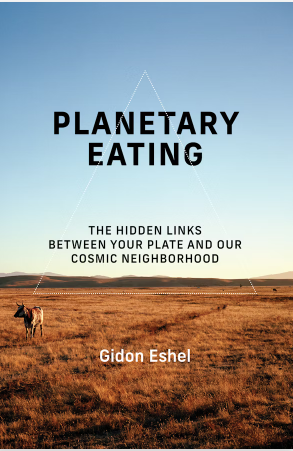The study: Maher, C. , Alcorn M. , Childress A. , Dawson J. A. , and Galyean S. 2025. “Increasing Vegetable Intake Using Monosodium Glutamate in a Randomized Controlled Trial: A Culinary Medicine Intervention. ” Food Science & Nutrition 13, no. 6: ...
| This message was sent to edwardlorilla2123.tower@blogger.com. Manage your subscription here.
Marion Nestle, Department of Nutrition and Food Studies, NYU, 411 Lafayette, 5th Floor, New York, NY 10003-7035, United States
marion.nestle@nyu.edu |
|
|
| | |


